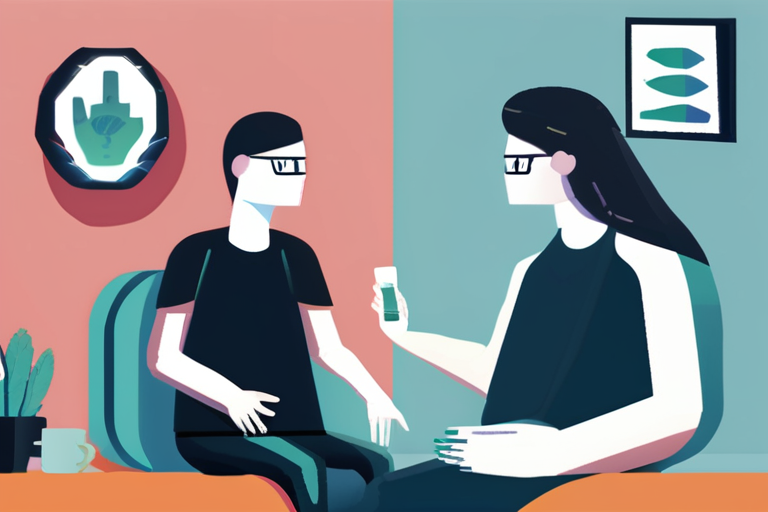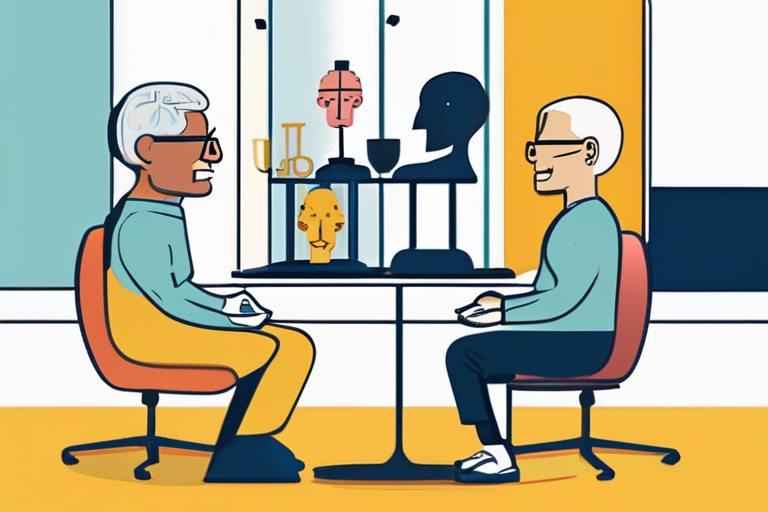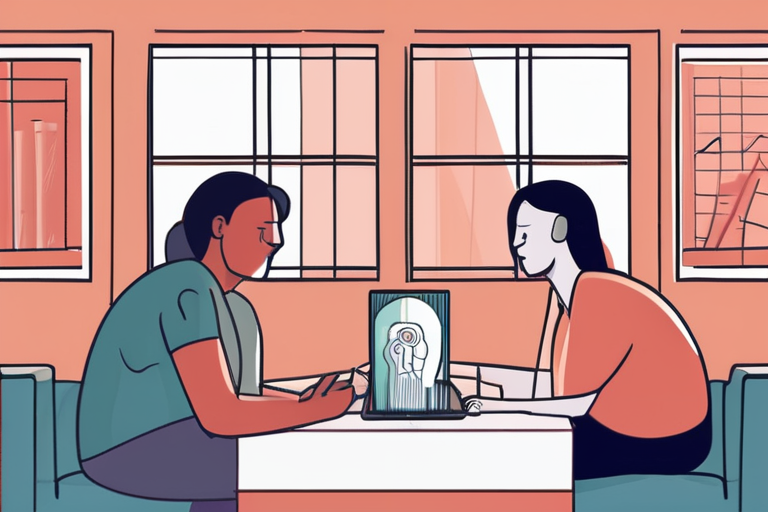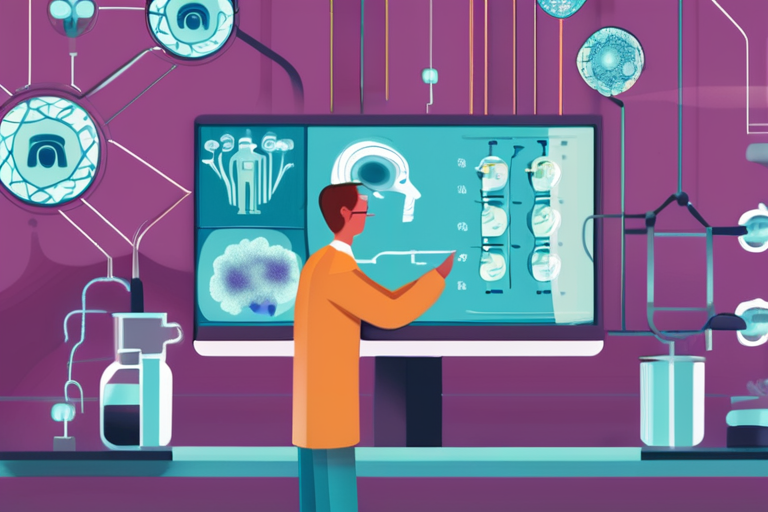New Study Reveals Surprising Secret to Mental Longevity: Friends Keep You Young


Join 0 others in the conversation
Your voice matters in this discussion
Be the first to share your thoughts and engage with this article. Your perspective matters!
Discover articles from our community

 Hoppi
Hoppi

 Hoppi
Hoppi

 Hoppi
Hoppi

 Hoppi
Hoppi

 Hoppi
Hoppi

 Hoppi
Hoppi

Study Reveals Body Count Not a Reliable Indicator of Partner's Trustworthiness A recent cross-cultural study published in Scientific Reports has …

Hoppi

The Longevity Gap: How Companies Can Bridge the Divide to Stay Ahead A recent trend in corporate America has seen …

Hoppi

Therapy Will Not Make You Ready for a Relationship: Debunking Mental Health Myths In recent years, the stigma surrounding mental …

Hoppi

Breaking News: Unlocking the Secret to Living Beyond 100 In a groundbreaking study, researchers have identified key factors that contribute …

Hoppi

Therapy Will Not Make You Ready for a Relationship: Debunking Mental Health Myths A growing trend of online self-help influencers …

Hoppi

Breaking News: Scientists Reveal Everyday Habits to Shield Against Dementia September 21, 2025 - In a groundbreaking study published today …

Hoppi